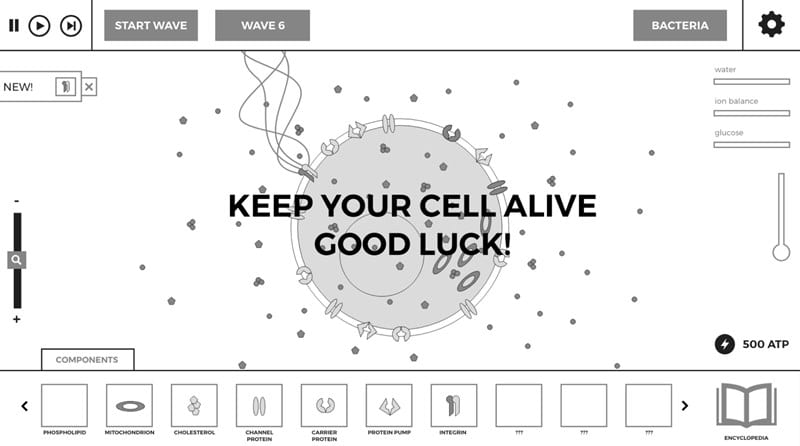
The winter 2020 issue of Scholarship and Practice of Undergraduate Research (SPUR), the academic journal of the Council on Undergraduate Research, focuses on unusual approaches to undergraduate research.
Said SPUR Editor-in-Chief James T. LaPlant (Valdosta State University):
We are excited about the winter 2020 issue, which highlights the ever-expanding landscape of undergraduate research initiatives. These include:
- engaging culinary students in research through a Japanese food and culture focus (by Zhen, Culinary Institute of America)
- developing an interdisciplinary video game for biology majors (by Sperano et al., MacEwan University)
- involving underserved rural students in course-based undergraduate research experiences (CUREs, by Allen et al., Concord University/Virginia Tech), and
- integrating distance education psychology students into undergraduate research (by Levin and Grewe, Utah State University).
The vignettes from the running theme on “Undergraduate Research during Times of Disruption” also reveal the impressive innovations underway with undergraduate research during the pandemic, including the revamping of a nanomaterials experiment (by Barstis, Saint Mary’s College) and transitioning a computational research lab to a virtual environment (by Briganti and Brown, Virginia Tech)
Other topics of interest range from organizing and airing a student podcast on sports (by Johannesen, University of Minnesota Crookston) to developing a CURE for first-year students featuring oral histories in a writing course (by McConnell Parsons et al., University of Kentucky)
View the table of contents for the winter 2020 SPUR, or visit the SPUR Volumes and Issues webpage. Questions or comments about the issue may be addressed to SPUR Editor-in-Chief James T. LaPlant or SPUR Technical Editor Elizabeth Foxwell.
About the image: Part of the game interface for Life on the Edge (Sperano et al., winter 2020 SPUR)

Scholarship and Practice of Undergraduate Research publishes scholarly work that examines effective practices and novel approaches, explores pedagogical models, and highlights the results of assessment of undergraduate research. As a peer-reviewed publication of the Council on Undergraduate Research, the journal provides useful and inspiring information that increases understanding of undergraduate student-faculty engagement in research, scholarship, and creative work in all disciplines and at all types of higher education institutions in the United States and abroad. The current Call for Proposals is on “Expanded Directions in Community-Based Undergraduate Research.”
The Council on Undergraduate Research supports faculty development for high-quality undergraduate student-faculty collaborative research and scholarship. More than 700 institutions and more than 13,000 individuals belong to CUR. CUR believes that the best way to capture student interest and create enthusiasm for a discipline is through research in close collaboration with faculty mentors.
Founded in 1978, the Council on Undergraduate Research (CUR) focuses on providing high-quality and collaborative undergraduate research, scholarly, and creative activity. Among the many activities and networking opportunities that CUR provides, the organization also offers support for the professional growth of faculty and administrators through expert-designed institutes, conferences, and a wide-range of volunteer positions. The CUR community, made up of nearly 700 institutions and 13,000 individuals, continues to provide a platform for discussion and other resources related to mentoring, connecting, and creating relationships centered around undergraduate research. CUR’s advocacy efforts are also a large portion of its work as they strive to strengthen support for undergraduate research. Its continued growth in connections with representatives, private foundations, government agencies, and campuses world-wide provides value to its members and gives voice to undergraduate research. CUR is committed to inclusivity and diversity in all of its activities and our community.
CUR focuses on giving a voice to undergraduate research with learning through doing. It provides connections to a multitude of campuses and government agencies, all while promoting networking and professional growth to its community.


